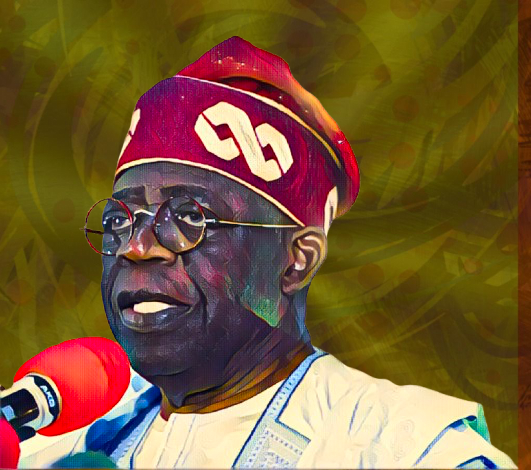Key Points
-
EFCC recovered ₦500 billion under Tinubu’s administration.
-
The focus keyphrase is EFCC corruption recovery, highlighting Nigeria’s anti-graft progress.
-
Over 7,000 convictions underline EFCC corruption recovery outcomes.
President Bola Ahmed Tinubu said on Sunday that the Economic and Financial Crimes Commission (EFCC) has recovered more than ₦500 billion and secured more than 7,000 convictions since he took office. He called these achievements a sign that Nigeria’s fight against corruption is back on track.
At the opening session of the EFCC’s 20th-anniversary symposium in Abuja, Tinubu said again that his government is committed to making sure that institutions are accountable and that money is clear.
The president says that the EFCC’s efforts to recover money from corrupt officials are a turning point in restoring people’s faith in Nigeria’s justice system. Tinubu said, “We are rebuilding the moral foundation of our nation.” He went on to say that the EFCC’s actions show “our renewed national consciousness to uphold honesty, integrity, and good governance.”
EFCC’s goal in fighting corruption is to get rid of systemic graft
According to a report by the Punch news, Vice President Kashim Shettima spoke for Tinubu. He said that the anti-graft agency’s increased activities have been aimed at tackling systemic corruption in both the public and private sectors. He also said that the EFCC’s efforts to recover money lost to corruption now include digital financial fraud, procurement racketeering, and tracing stolen assets.
Shettima said that the president told them, “Our job is not just to punish criminals, but to create systems that make corruption unappealing and unprofitable.” “We will keep making the EFCC and other organisations stronger so that openness is the norm, not the exception.”
Ola Olukoyede, the chairman of the EFCC, talked about the agency’s record. He said that between May 2023 and September 2025, the agency recovered more than ₦500 billion in stolen assets and funds, including high-profile cases involving former state officials and corporate executives. Olukoyede said, “This is the most productive two-year period in the agency’s history.”
People are starting to trust anti-corruption groups more
Analysts say that the EFCC’s efforts to recover money from corrupt officials are helping to restore Nigeria’s damaged reputation in the world of finance.
The agency has increased Nigeria’s compliance with international anti-money-laundering frameworks and boosted investor confidence by keeping an eye on illegal capital flows and enforcing asset declaration laws.
The EFCC’s renewed focus on digital asset tracing and cross-border coordination is changing people’s minds, according to Professor Bolaji Owasanoye, who used to be the chairman of the Independent Corrupt Practices and Other Related Offences Commission (ICPC). He said, “For the first time in years, we are seeing more recoveries than leakages.”
There are still worries about the need to make reforms permanent. Femi Falana (SAN), a lawyer who works on human rights, told the Tinubu administration to make sure that the EFCC works without any political interference. He said, “The EFCC’s credibility depends on being fair, not on political convenience.”
But Tinubu said that his government is still strong. “There won’t be any sacred cows.” “Our goal is simple: get back every stolen kobo and win back the trust of the Nigerian people,” he said.
Building a culture of honesty beyond recovery
Experts say that long-term prevention and cultural change are needed for real progress, even though recovery statistics look good. The EFCC’s recent educational campaigns and programs for young people, such as its “Integrity Clubs” program in secondary schools, are all part of a larger effort to instill anti-corruption values in the next generation.
President Tinubu ended by saying again that he believes that Nigeria’s future must be built on accountability. He said, “Our strength as a nation comes not just from our resources but also from our honesty.”



